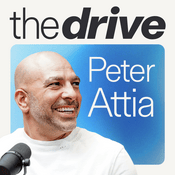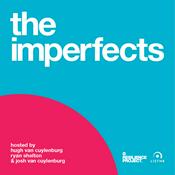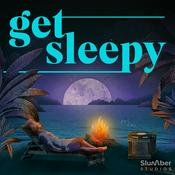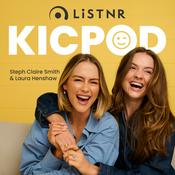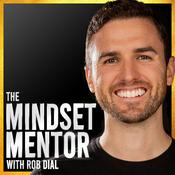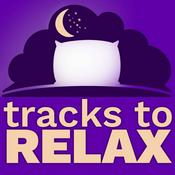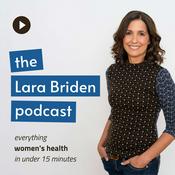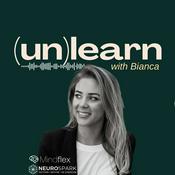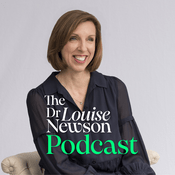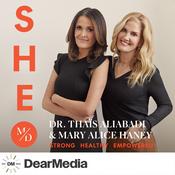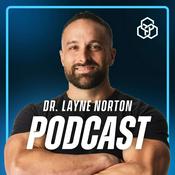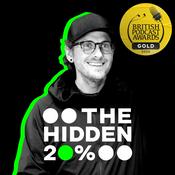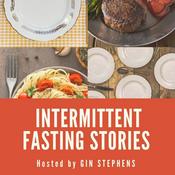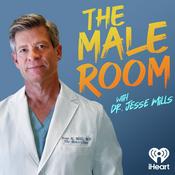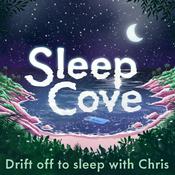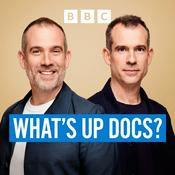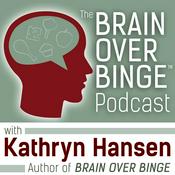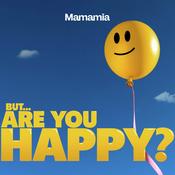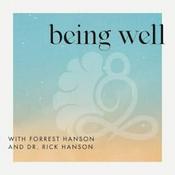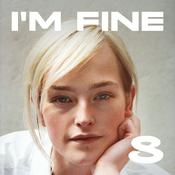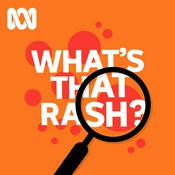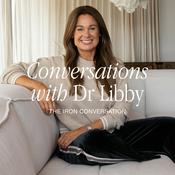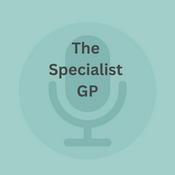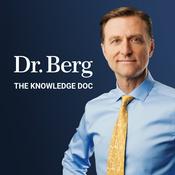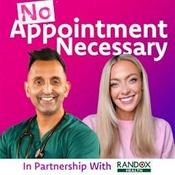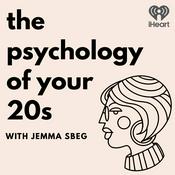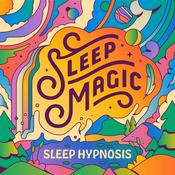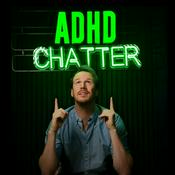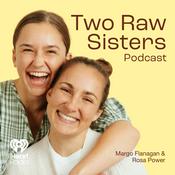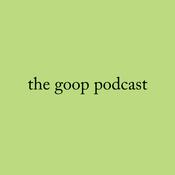Available Episodes
5 of 51
- Genes Communicate Through Twisting: The Story of Supercoiling in DNAIt is well known that inside nearly every living cell on this planet, there are instructions powering the dynamics of everything in the cell, known as deoxyribonucleic acid (DNA). Enoch Yeung, Associate Professor of Mechanical Engineering at UC, Santa Barbara, explains how DNA is the genetic code that tells cells where to live, how to live, and how to adapt when things get tough. Editing DNA has unlocked new potential in biology, enabled new therapeutics, diagnostics, and modes of treating diseases. Since DNA is double-stranded, it literally maintains a backup copy of itself to proof-read and facilitate stability of code. The double-stranded nature of DNA also means it can sometimes encode two messages in a given length! In short, DNA is amazing. Series: "GRIT Talks" [Science] [Show ID: 41040]--------29:41
- Stem Cells for Conservation: Trials and Tribulations of a Non-Model SystemMarisa Korody, Ph.D., leads groundbreaking work at the San Diego Zoo Wildlife Alliance’s Beckman Center for Conservation Research, where scientists use advanced genetic and stem cell technologies to protect endangered species. Korody highlights efforts to save the critically endangered northern white rhino by developing induced pluripotent stem cells that can be transformed into egg and sperm precursors, offering a potential path to revive the species. This research is part of a broader conservation mission that includes global projects in genetics, reintroduction, and community engagement. By combining cutting-edge science with wildlife management, the San Diego Zoo Wildlife Alliance works to preserve biodiversity and ensure the survival of species threatened by habitat loss, poaching, and climate change, demonstrating the critical role of innovation in conservation. Series: "Stem Cell Channel" [Health and Medicine] [Science] [Show ID: 40451]--------1:04:46
- Bridging the Gap: Intercontinental Collaboration on Histone DeacetylationThe human body is made up of billions of cells. These cells are the basic building blocks of life, and they work together to form tissues, organs, and systems that enable our body to function and carry out various activities. Each cell has its own specific function and role in maintaining the overall health and functionality of the body, but how do these cells know what to do? Researchers at UC San Diego and Hebrew University of Jerusalem share an intercontinental effort working to determine just that. Alon Goren and Itamar Simon discuss some of the work they are doing to learn more about the human body beyond the cellular level. [Health and Medicine] [Science] [Show ID: 40516]--------11:48
- Harnessing My Daughter's Diagnosis to Drive Novel Treatments for Neurodevelopmental Disorders with Madeleine Oudin - Autism Tree Annual Neurodiversity Conference 2024Madeline Oudin, Ph.D., is a scientist and mother on a groundbreaking mission to help her daughter, Margot, who has two de novo mutations in the SCN8A gene, which causes epilepsy. Margot's condition causes frequent seizures and developmental challenges. Determined to make a difference, Madeleine and her team are pioneering a cutting-edge genetic therapy that could one day transform treatment for Margot and others like her. In this heartfelt talk, Madeleine shares how her scientific expertise and personal journey intersect, revealing the highs and lows of developing life-changing treatments. From innovative approaches using Antisense Oligonucleotides (ASOs) to the unexpected success of a ketogenic diet, this story is about resilience, hope, and the power of community. Series: "Autism Tree Project Annual Neuroscience Conference" [Health and Medicine] [Science] [Show ID: 40210]--------1:09:36
- Precision Pediatrics: The Case for Genomic Sequencing in Newborn ScreeningAlmost every child born in the United States undergoes state-mandated newborn screening within the first 48 hours of life. The blood collected from a "heel stick" helps test for 80 different serious but treatable genetic disorders. These disorders can be either genetic (passed down in families) or congenital (present at birth). But... what if we could go further? What if we could test a newborn's entire genetic sequence? Pediatric geneticist Ingrid Holm discusses the risks, benefits, costs and ethics of genomic sequencing in newborns. Series: "Exploring Ethics" [Health and Medicine] [Science] [Show ID: 39266]--------59:56
More Health & Wellness podcasts
Trending Health & Wellness podcasts
About Genetics (Audio)
University of California faculty present the latest findings in genetic research and discoveries.
Podcast websiteListen to Genetics (Audio), The Peter Attia Drive and many other podcasts from around the world with the radio.net app
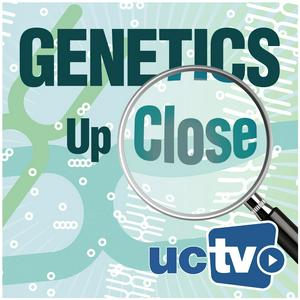
Get the free radio.net app
- Stations and podcasts to bookmark
- Stream via Wi-Fi or Bluetooth
- Supports Carplay & Android Auto
- Many other app features
Get the free radio.net app
- Stations and podcasts to bookmark
- Stream via Wi-Fi or Bluetooth
- Supports Carplay & Android Auto
- Many other app features


Genetics (Audio)
Scan code,
download the app,
start listening.
download the app,
start listening.
